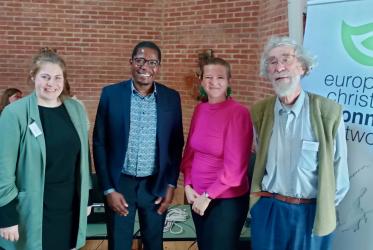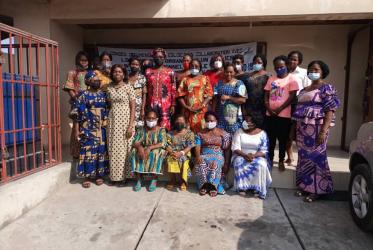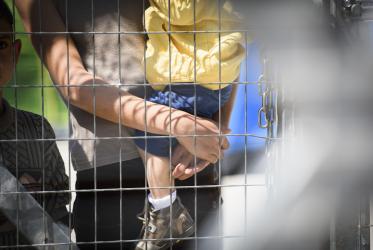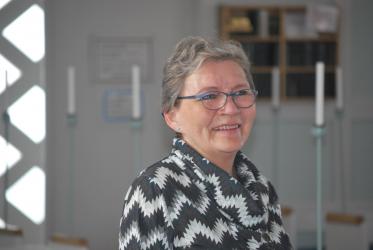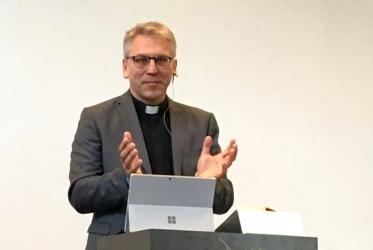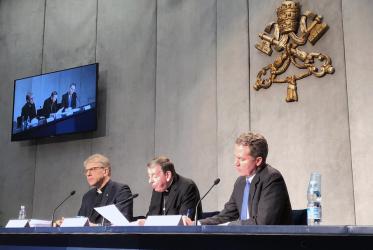Displaying 1 - 20 of 28
Nordic churches: “take our human responsibility”
12 March 2020
Greenland’s grand Gospel preacher
07 February 2020
A deeply rooted teacher and preacher
10 September 2019
A humble servant in God’s herd
10 July 2019
A worried but hopeful man
25 June 2019
“There are no spare parts for whales”
13 June 2019
Dealing with traumas and healing of wounds
04 June 2019
Applications open for WCC Eco-School
10 May 2017
Youth engagement fundamental to HIV response
18 April 2017

